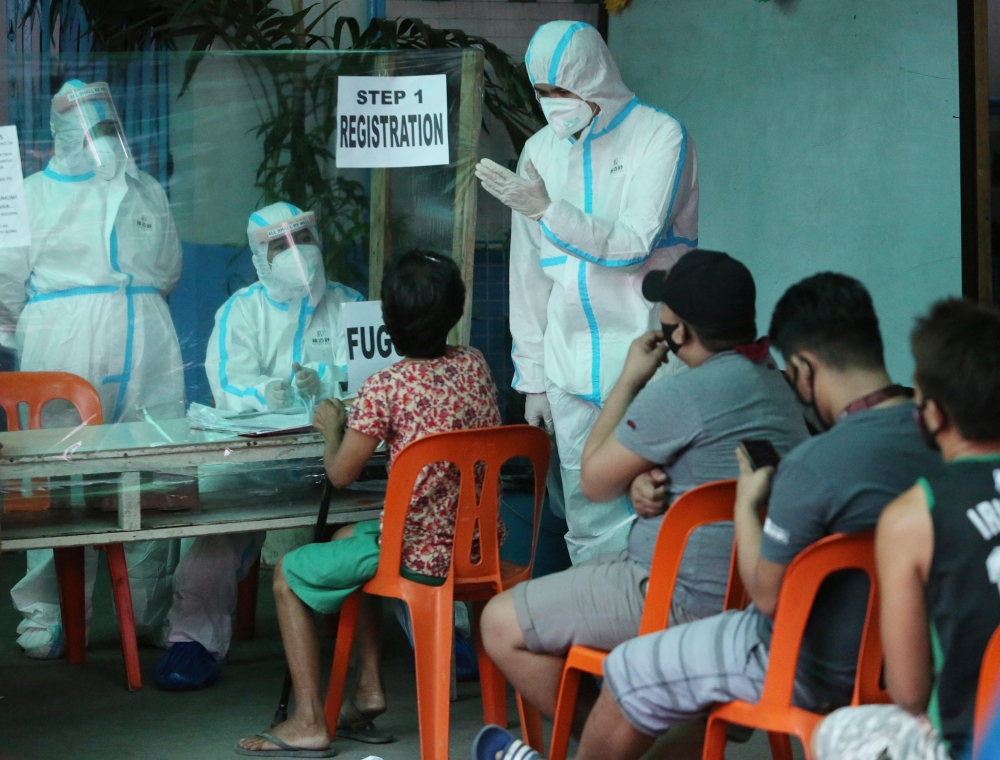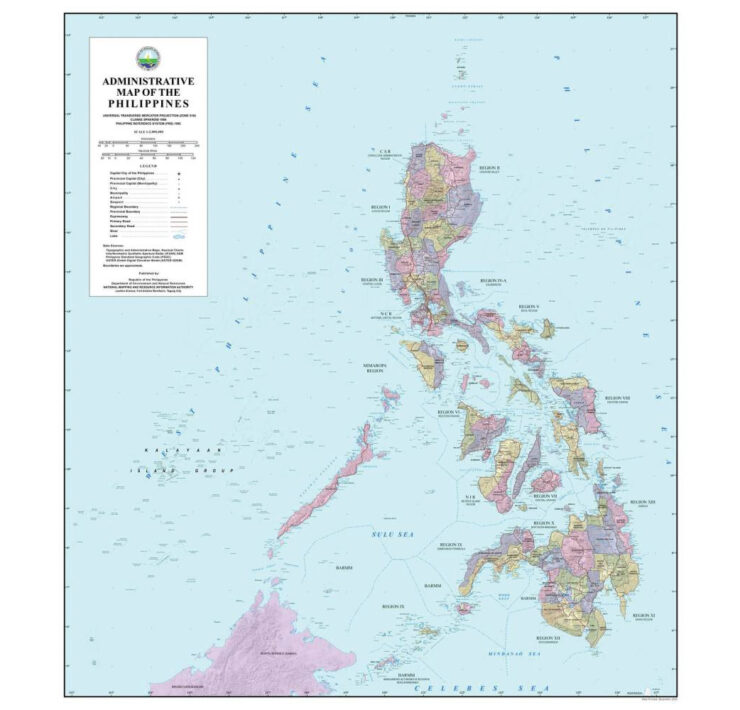No return to lockdowns over mpox cases–DOH

The Department of Health (DOH) will not implement strict measures like it did at the height of the COVID-19 pandemic in 2020 despite the increase in mpox cases nationwide.
In a press conference on Monday, Health Secretary Teodoro Herbosa assured the public the DOH and local governments were on top of the situation, even as the number of active mpox cases went up to 14.
Six more patients have been added to the tally since the last update on Sept. 1, bringing the country’s mpox cases to 23 since 2022.
The DOH pointed out that mpox spreads primarily through close or intimate skin-to-skin contact and unlike COVID-19, it “does not spread fast and is easily contained.”
“With our data, we will not implement any border control, or community quarantine or lockdowns. We will not implement the mandatory wearing of face masks and face shields again,” Herbosa said.
‘Overkill’ measures ineffective
“If there’s someone from the DOH that will recommend those, they need to find another job, because they will definitely get removed from their DOH post,” he added.
According to the DOH chief, these “overkill” measures will not prevent the spread of the disease, noting that “many are still traumatized because of what we did during the COVID-19 pandemic.”
He said the best way to prevent infection was by washing one’s hands frequently using soap and water, using alcohol sanitizers and wearing long-sleeved garments to cover the skin in crowded areas.
The DOH has allocated P158 million for its mpox response, which will be spent on policy, surveillance, testing and prevention projects. Herbosa said there was an adequate supply of testing kits (down to 1,600 from 1,800 since August) while testing for mpox remains free in government hospitals.
All 23 cases recorded since 2022 were of Clade II, which is the “milder” variant of the virus—and not the “more severe” Clade Ib variant, which has been causing an outbreak in Africa.
Of the 14 active cases, 10 were from the National Capital Region (NCR), three were from Calabarzon region, and one from Cagayan Valley.
Twelve of the 14 were males who had intimate or sexual encounters before experiencing mpox symptoms. Health authorities are still investigating how the two other cases—a 12-year-old boy from Balayan, Batangas, and a 26-year-old female health-care worker from NCR—contracted the disease.
Herbosa maintained that the cases were not “epidemiologically linked,” or unrelated to each other.
For now, the DOH will no longer provide details about the new cases as “there is no added value to health for a public counting of cases,” adding: “It only leads to anxiety and mental health problems.”
More cases expected
Herbosa said they were “anticipating” more mpox cases to be reported in the coming days, “because we are testing as fast and as broad as we can.”
“Increasing case counts does not mean increasing infections. Mpox Clade II has always been around, with people getting it via close, intimate skin to skin contact. They have also been recovering and there have been no deaths since,” he noted.
There was likewise no need at the moment to convene the Inter-Agency Task Force for the Management of Emerging Infectious Diseases (IATF-MEID)—the super policymaking body chaired by the DOH, which was first activated at the onset of pandemic.
Herbosa said he met the officials of agencies comprising the IATF-MEID last week merely to disseminate information.
“Even if we record 100 new cases of mpox Clade II, we will not activate [the IATF-MEID] because the management is the same and the risk of dying from mpox is low,” he said.
“Surveillance, case finding, and community engagement is best handled by the DOH and local health authorities,” he added.





















